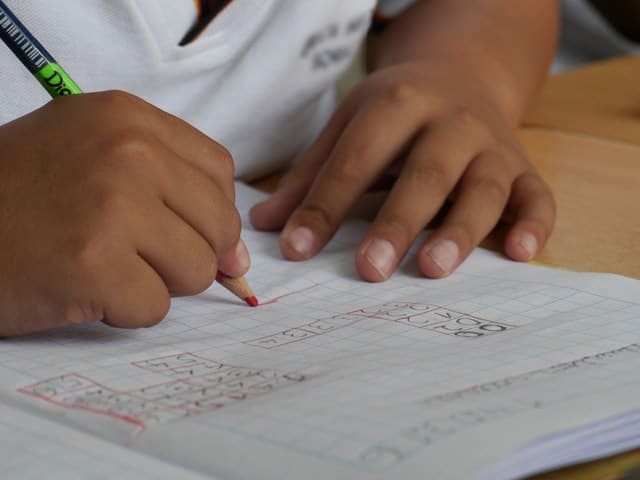Starting the school year is scary enough for your child; having a food allergy in a new situation can make it downright terrifying.
Fortunately, your Las Vegas allergist has put together a plan that both you and your child can follow to start the year off on a safe foot.
Food allergy planning with the school
The following is a list of what should be done before the first day of school:
- Formularize yourself with the school’s current procedure for treating an allergic reaction
- Provide the school with a copy of your child’s Food Allergy & Anaphylaxis Emergency Care Plan, created with the help of your child’s allergist. The plan should contain:
- A list of all foods your child is allergic to
- A list of all possible reactions
- How each symptom should be treated
- Contact information for your child’s allergist as well as other medical professionals your child sees and you
- Provide the school with at least one (preferably two) epinephrine auto-injector and any
other medication used to treat an allergic reaction - If your child is able, they should carry an epinephrine auto-injector in their backpack. You should check with your child’s Las Vegas school to confirm their policy
- Meet with members of the school, such as school nurse, teachers and administrators to discuss the severity and proper treatment of your child’s food allergy
- Meet with the director of the food program at your child’s school to determine if your child will need to bring their lunch ever day or if a special lunch can be made for them
Food allergies in the classroom

Meeting with your child’s teacher is an important step in setting them up for a successful school year. Most teachers in Las Vegas schools are more than willing to work with patents to ensure their children feel safe and included.
Your Las Vegas allergists recommends providing your child’s teacher with the following:
- A copy of your child’s food allergy and anaphylaxis emergency plan
- Prepackaged and non-perishable snacks that your child can eat. This way, if there is an unplanned event, such as a birthday party, your child can participate
- A packaged non-perishable lunch to keep in the classroom in the event of an emergency requiring your child to stay at the school
- Enough snacks (that are safe for your child to eat) for the whole classroom. This enables your child to eat the same thing as the other kids
- Non-food items that the teacher can give out as classroom rewards
At your meeting, try encourage your child’s teacher to implement the following classroom rules:
- No food-sharing or food-trading
- Hands must be washed after handling food. Hand sanitizer will not remove traces of food; liquid or bar soap must be used
- All surfaces must be washed if food is eaten off them
If you can become a “classroom parent” you will have the more influence in what goes on in your child’s classroom. This means, you have advanced notice when food must be prepared or special precautions must be taken for an event. Volunteering to chaperon field trips will help you keep an eye on your child in an unfamiliar food environment.
For more information on how your child can have a safe and happy school year, contact your Nevada Ear + Sinus Center allergist today.
Call Nevada Ear + Sinus Institute at (702) 735-7668 for more information or to schedule an appointment.